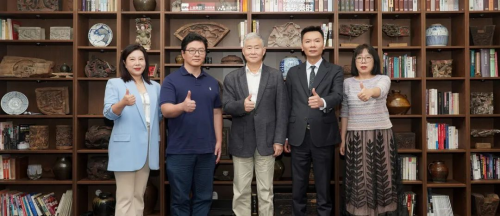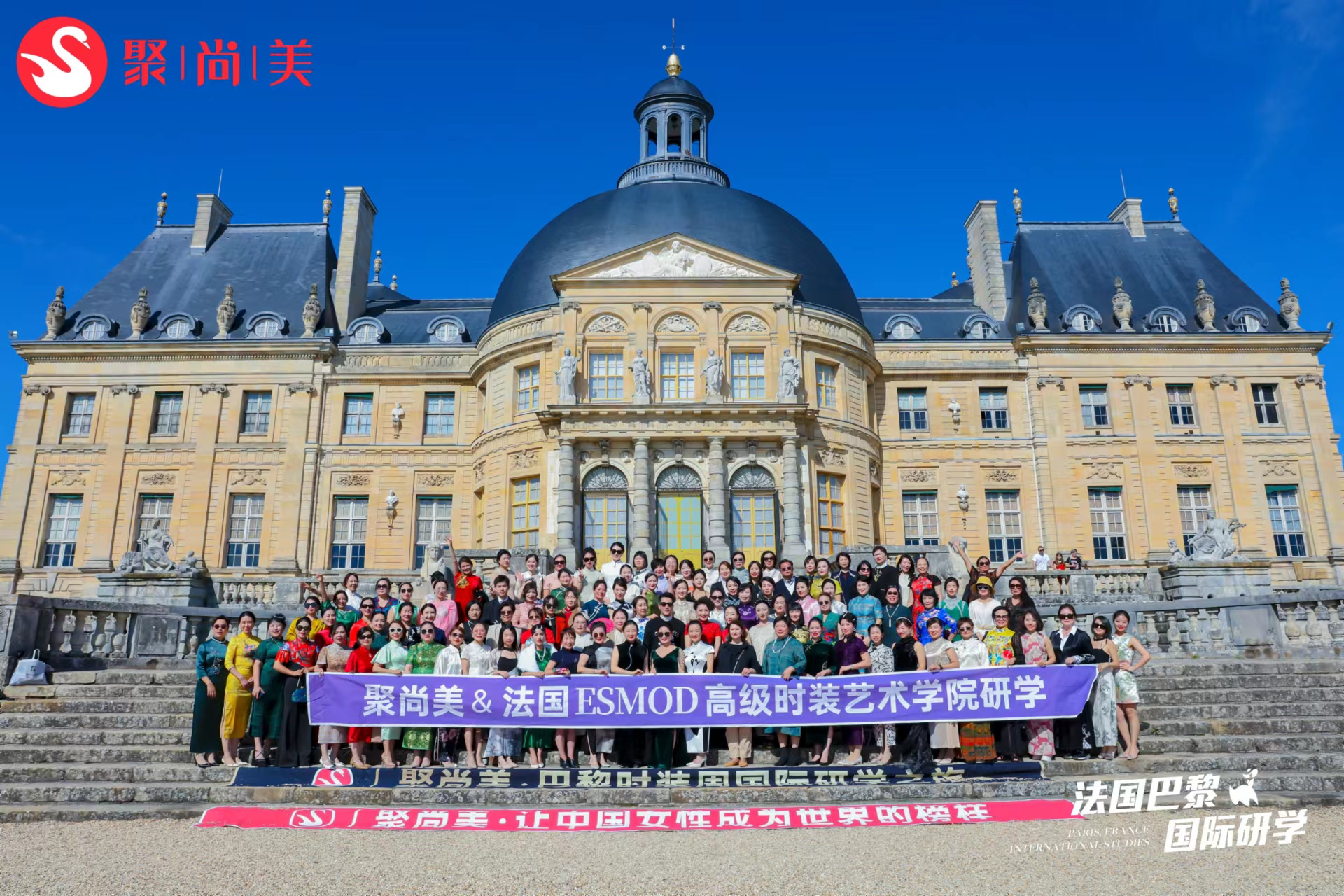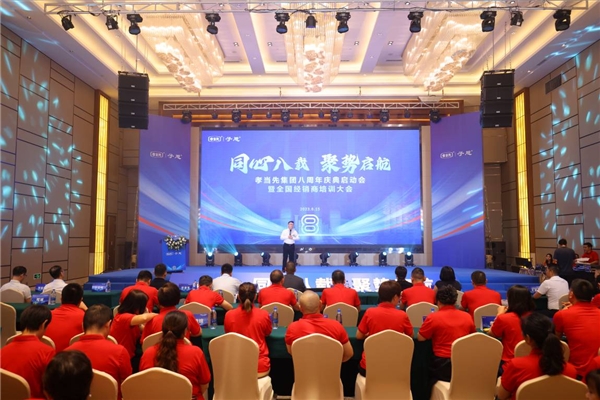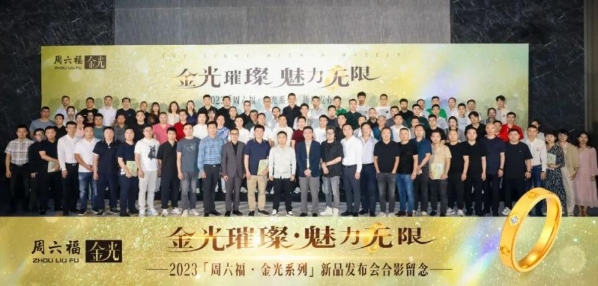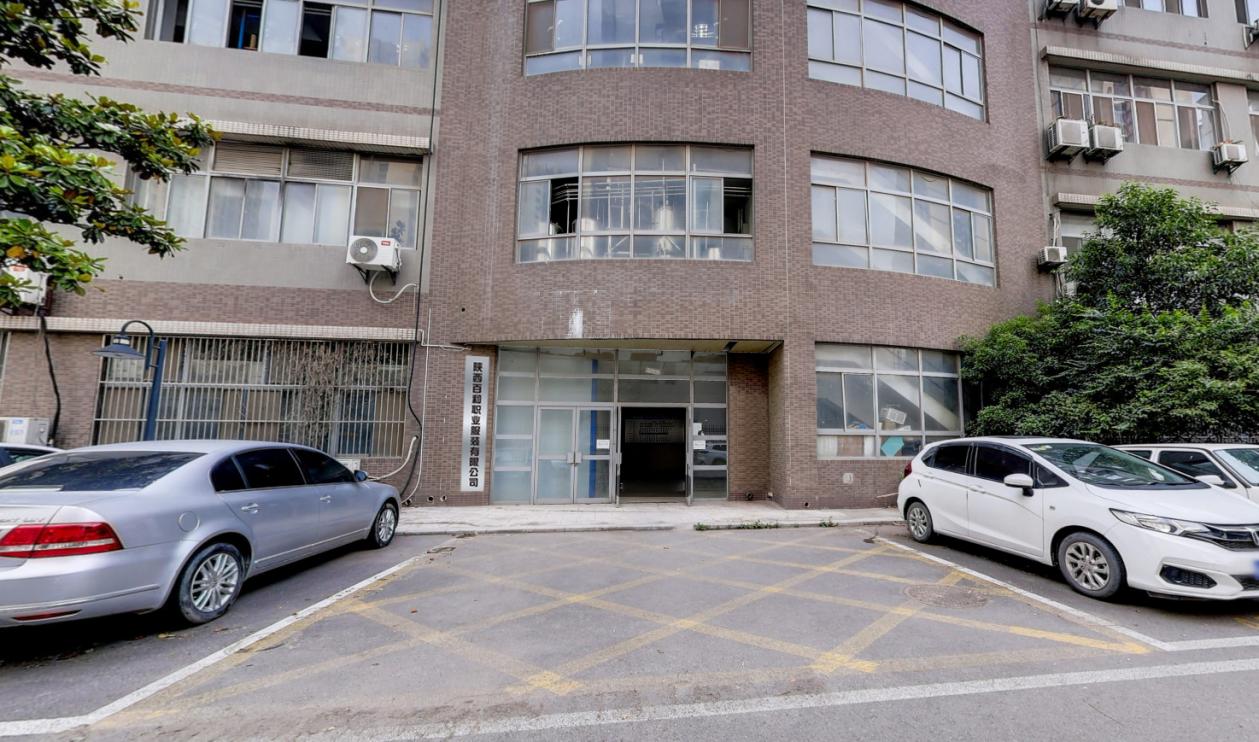HEALTH
Improved typhoid jab gets go-ahead A new vaccine against typhoid fever will be rolled out to millions of children in low-income countries, after the World Health Organization (WHO) announced its endorsement on 3 January. The product 鈥?developed by Bharat Biotech in Hyderabad, India 鈥?is a typhoid conjugate vaccine, which means that it provides longer-lasting protection and requires fewer doses than do other typhoid immunizations. The WHO鈥檚 endorsement allows the vaccine to be procured by United Nations agencies. Gavi, an organization based in Geneva, Switzerland, that funds vaccines for low-income countries, said it would spend US$85 million on deploying the vaccine, with child immunizations likely to begin in 2019. Typhoid bacteria (Salmonella Typhi), which spread through contaminated food and water, cause an estimated 11 million to 20 million infections and 128,000鈥?61,000 deaths each year.
A costly treatment A gene therapy to treat hereditary blindness will cost US$425,000 per eye, pharmaceutical company Spark Therapeutics announced on 3 January. The US Food and Drug Administration approved the treatment, called Luxturna (voretigene neparvovec), in December; it was the first US approval for a gene therapy that targets disease-causing mutations. Observers were keen to see what Spark, based in Philadelphia, Pennsylvania, would charge for the treatment, which is administered only once in each eye and could set a precedent for future gene therapies. At $850,000 for a full, two-eye treatment, the cost is below the predicted price tag of $1 million 鈥?but has still raised eyebrows, given widespread concern over high drug prices.
RESEARCH
Views of science Most people in the United States are in favour of science, but few are knowledgeable about how research is conducted, according to a survey by the advocacy group Research!America, based in Arlington, Virginia. The survey, released on 2 January, asked 1,005 people about their views of science and scientists. Although 82% of respondents thought that scientists were trustworthy, 81% could not name a living scientist and 67% could not name a research institution. About half of the respondents said they believed that great science will continue under US President Donald Trump鈥檚 administration, and 67% agreed that public policies should be rooted in the best available science. Research!America鈥檚 surveys have found similar results over the past decade.
EVENTS
Congress postponed Organizers of the 105th Indian Science Congress have delayed the country鈥檚 largest gathering of scientists until March amid concerns over the venue. At an emergency meeting on 27 December, the Indian Science Congress Association in Kolkata postponed the conference, which was scheduled for 3鈥? January at Osmania University in Hyderabad. The association said in a statement that the event was postponed because the university was no longer in a position to host the event 鈥渄ue to certain issues [on] the campus鈥? No further details were given. The congress will now be held at Manipur University in northeast India on 16鈥?0 March.
Dementia pull-out The multinational drug firm Pfizer will abandon research on dementia treatments, joining a stream of major pharmaceutical companies that have fled the high-risk research field in the past decade. On 6 January, the company said that it expects to shed 300 US jobs from its neuroscience discovery and early stage drug-development programmes in Andover and Cambridge, both in Massachusetts, and in Groton, Connecticut. In 2012, Pfizer stopped a clinical trial of an antibody therapy for Alzheimer鈥檚 disease because it demonstrated no clinical benefit. No therapies for Alzheimer鈥檚 are yet available.
PEOPLE
UK science minister Sam Gyimah was appointed UK minister for universities and science on 9 January, as part of a reshuffle of the Cabinet, the government鈥檚 most senior decision-making body. Gyimah, who became a Member of Parliament in 2010, moves from the Ministry of Justice, where he was a junior minister. He campaigned for Britain to remain in the European Union in the 2016 referendum. The role of science minister will remain split between the Department for Education and the Department for Business, Energy and Industrial Strategy. Gyimah replaces Jo Johnson, who moves sideways to become a junior minister at the Department for Transport.
Astronaut dies John Young, one of NASA鈥檚 most experienced astronauts, died on 5 January from complications of pneumonia. He was 87. Trained as a test pilot, Young first flew in space in 1965 aboard Gemini 3. He orbited the Moon in 1969 on Apollo 10, and landed on the lunar near-side in the Descartes highlands in 1972 with Apollo 16. In 1981, he commanded the space shuttle Columbia on its maiden flight; two years later, he was commander of the first Spacelab mission, focusing on scientific experiments. Young was the first person to have flown into space six times.
FACILITIES
AI industry hub China will invest 13.8 billion yuan (US$2.1 billion) in an industrial park devoted to artificial intelligence (AI). The park in western Beijing is expected to host 400 companies and a national laboratory to house collaborations between industry and domestic and foreign universities and research institutions. Last July, the central Chinese government released plans for the country to become the world leader in AI by 2030. In November, it announced that information-technology giants Baidu, Alibaba and Tencent would be partners in a national AI strategy. Google has also set up an AI research centre in Beijing.
ENERGY
Offshore drilling The US Department of the Interior has reversed course on offshore drilling, proposing to open up most coastal waters for oil and gas development. The draft leasing programme for 2019鈥?4, released on 4 January, would overturn extensive drilling restrictions put in place under former US president Barack Obama and allow for energy development on more than 90% of the US outer continental shelf. Under the proposed plan, the interior department would auction off 47 oil and gas leases over five years, including 16 leases along the east and west coasts 鈥?areas that have been off limits for federal leasing for more than three decades. The proposal opened to public comment on 8 January and faces opposition from environmentalists and many coastal states.
French-agency head France鈥檚 Prime Minister Edouard Philippe has proposed Antoine Petit as the next president of the nation鈥檚 main basic-science funder, the CNRS. Petit is currently chief of Inria, the country鈥檚 research agency for computer science and applied mathematics. French President Emmanuel Macron endorsed the nomination on 3 January, but Petit will still need to be interviewed and approved by both houses of parliament before being formally appointed. With an annual budget of 鈧?.3 billion (US$3.9 billion), the CNRS is Europe鈥檚 largest basic-research agency. Petit would succeed Alain Fuchs, who left the job last October 鈥?four months before the end of his four-year term.
CLIMATE CHANGE
Extreme weather Hurricanes, wildfires and other natural disasters caused a record US$306 billion in damages in the United States in 2017, the US National Oceanic and Atmospheric Administration said on 8 January. Sixteen events each caused at least $1 billion worth of damage, with Hurricane Harvey 鈥?which hit Texas in August 鈥?topping the list at $125 billion. Other notable events included hurricanes Irma and Maria, wildfires in California and two tornado outbreaks in the central and midwestern United States. The previous record for damages 鈥?$215 billion, adjusted for inflation 鈥?was set in 2005, the year that Hurricane Katrina devastated Louisiana, Mississippi and other parts of the US Gulf Coast.
Climate panel back A federal climate advisory committee disbanded in August by US President Donald Trump is being revived. Columbia University and the state of New York are re-establishing the committee to help businesses and state and local governments make better use of the US National Climate Assessment, which is scheduled for completion this year. New York governor Andrew Cuomo, co-chair of an alliance of US states that is committed to action on climate change, announced the state鈥檚 support on 2 January. Columbia University鈥檚 Earth Institute in New York City is hosting the effort, and 10 of the original 15 committee members have agreed to serve, including climate scientist and former co-chair Richard Moss.
TREND WATCH
Half of women in science, technology, engineering and mathematics (STEM) jobs in the United States say that they have been discriminated against at work, according to a survey of nearly 5,000 people published on 9 January. That compares with 41% of women in other sectors. The survey also finds that more black people in STEM jobs (62%) than in other jobs (50%) report experiencing racial discrimination. Both groups say that negative stereotypes affect recruitment and promotion.
Nature 553, 132-133 (2018)
 时尚街拍网
时尚街拍网